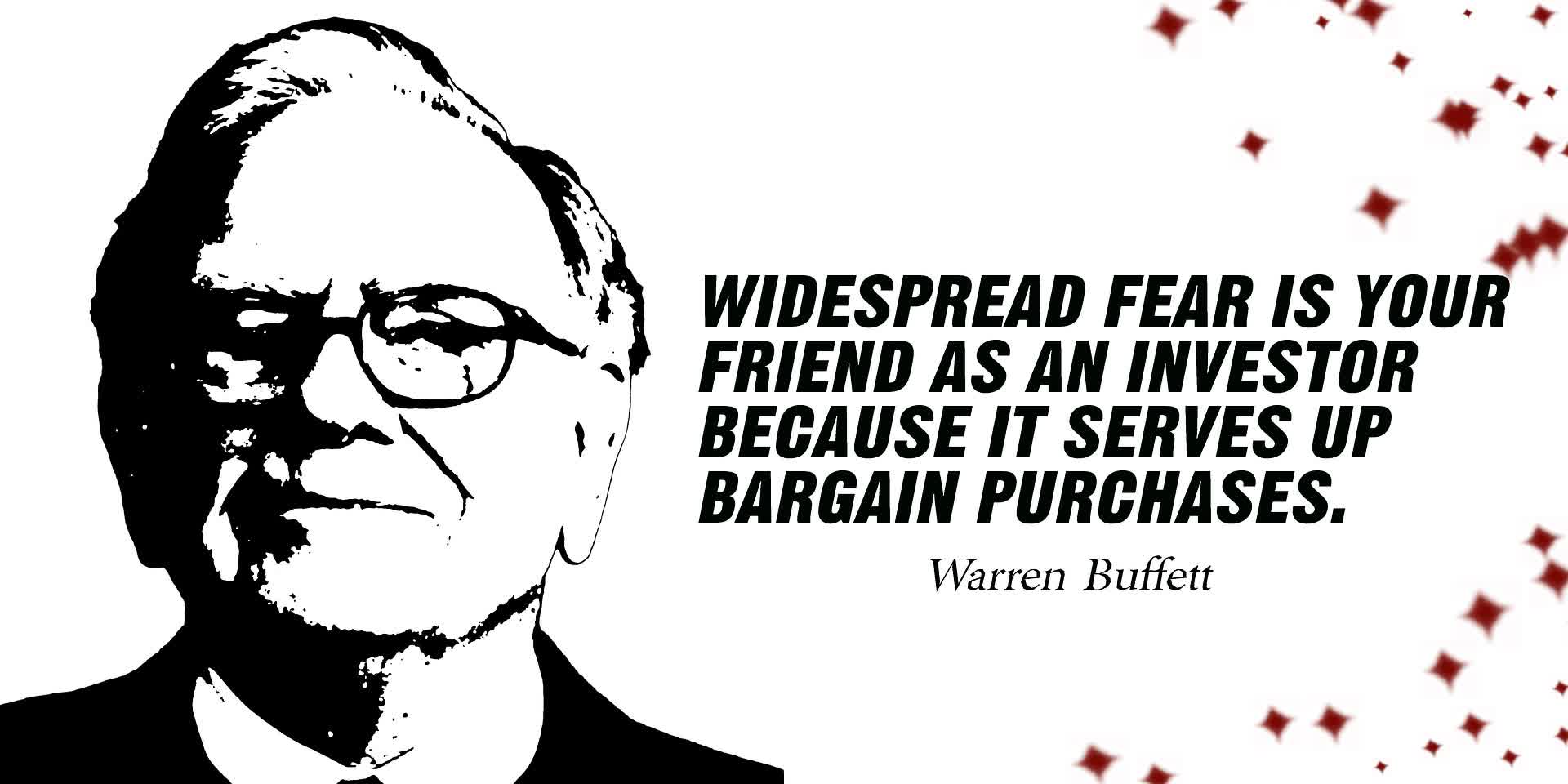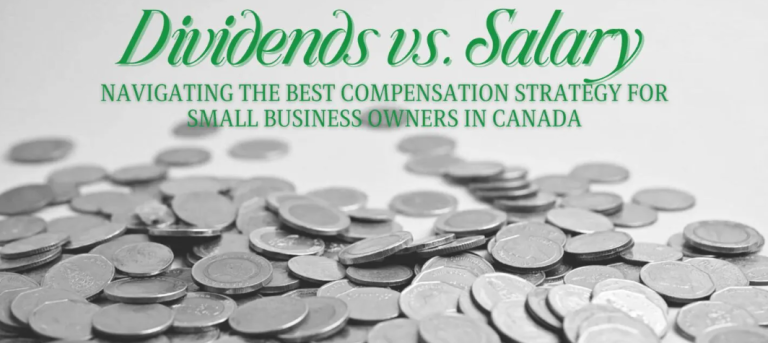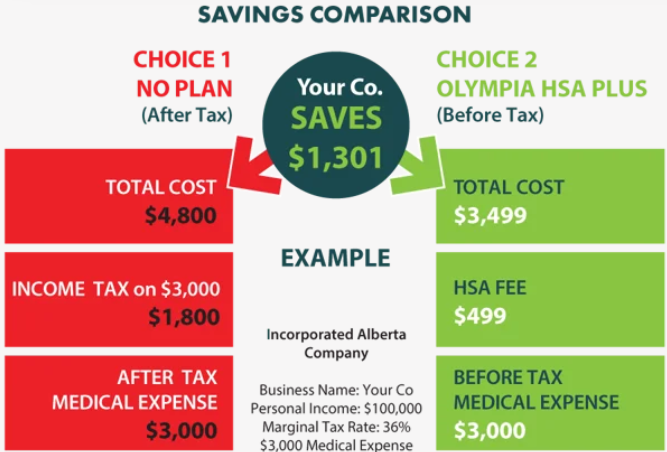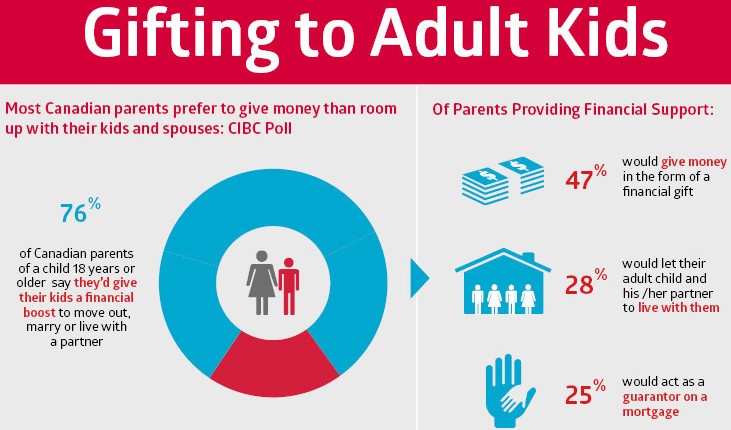There has rarely been an opportunity to add as much long-term value to an investment portfolio as there is right now. Why this is the case has a lot to do with the indiscriminate selling that was done quite quickly and which seems, came to a climax on March 23rd. That massive, thoughtless selling was literally that, thoughtless. It was driven primarily by ETF’s and algorithms (computer driven) to sell everything once certain things happen. Whenever you get a wave of selling with no regard to what is being sold, you get stupidly created bargains.
Yes, things are still uncertain. I’m won’t argue they aren’t. There will also be more negative news for the foreseeable future. The news that is spewed out may get worse. Nobody has a clear picture of what will happen over the next few or even several months. How we operate in the world will definitely change, much like it has after 9/11 but I think the change regarding health will be more so. However, despite that, the confidence level I have is much higher for the longer term (3 and 5 years out) than it was before this year started and I’m not the only one who will say that.
That may sound strange and almost naïve. One important thing I’ve learned over the past 33 years of working as a Financial Advisor is this; when most people are feeling really good about the future I tend to feel uneasiness. When the vast majority are fearful and the cat is out of the bag so to speak, I feel relief and optimism. It’s not something I can pinpoint or can give evidence for other than it has proven to be a reliable indicator along with many other guides. That has proven to be true looking back over my 33 years of experience and reflecting how I felt in hindsight before and after times of extreme pessimism and fear.
So here are the 5 things I know to be true (even today), despite the uncertainty:
1) The value of a businesses do not change as much as their share prices do.
What we see in the investment markets and the media makes people believe the opposite. This is because most people aren’t buying a business based on it’s true or “intrinsic” (built in) value but rather if the share price is going to go up or down in the short term. If the share price is up over the past month or two people think it is a great investment, if it is down it’s a bad investment. Ironically, we don’t think like that about anything under the sun other than shares of businesses.
The value of the actual businesses you own is determined by the sum of the future profits these businesses will deliver over the long term. True business owners (like Warren Buffett) aren’t concerned if their business’s profits will be down over the next 3 or 6 months. True business owners know profits fluctuate in the short term. That is the reality of owning a business. Strong businesses’ however, those with not much competition that provide a product or service that is much needed and used by many people around the world, will simply see their profits rise over the long term. This is both logically and empirically true.
2) When faced with extreme uncertainty (much like today), most investors want to move to a more comfortable position
They may recognize that selling outright is probably a bad idea so they simply want invest in what they view as “safer” investments, the ones that haven’t gone down or those that have actually gone up. They include grocery store and pharmacy chains, streaming companies, online marketplaces etc. These kind of companies don’t seem like they will be affected much in the short term. In the long term everyone believed that these businesses will be there for the long term. There is comfort in owning an “obvious survivor” and comfort is where most people move toward in times like these. However, when most investors feel this way, that becomes an issue. When everyone else has the same high level of confidence for the near future of these obvious survivors, their relative long-term attractiveness diminishes because their share prices aren’t selling for a discount anymore. With more and more people buying, when the only real measurement being used is comfort, valuations can go far beyond what the business is really worth. Much like those businesses that there is uncertainty around, will see their valuations be discounted well below what they are truly worth.
The team of portfolio managers I use are maintaining an outlook of 2, 3 and 5 years out. They are looking for and finding the “non-obvious survivors”. These are businesses whose short-term outlook doesn’t seem to be as certain, when you simply glance at it. However, if you look much closer they are just as likely to make it through this crisis. However, they will come out the other side even stronger. These non-obvious survivors have seen their share prices temporarily impacted much more so because the short-term perception of the business is poor, even though they have a very high probability of thriving over the long term. This short-term fog around these “non-obvious survivors” is letting us buy their future growth for free. Case in point: a Canadian business, founded by one of the wealthiest people in Canada owns a piece of 36 businesses and has a lot of cash. Its share price was so low that you were essentially paying for only the cash it held on its balance sheet; you got all of its 36 businesses for free. That is an extreme valuation discount and is so because it is an unobvious survivor in the midst of unbridled pessimism. With history as our only real indication of the future, today’s non-obvious survivors should materially outperform in the future. This will happen when more and more people realize what they have missed by not looking at a business closely.
3) Nobody can predict what share prices will sell for in the short term.
So why try to? Warren Buffet isn’t. Jimmy Pattison isn’t. Pension plans aren’t. Yours and my Canada Pension Plan isn’t. So why would you?
I’ve shown time and time again, over the past 33 years, what equity prices do over the long term. That is all that is important because you don’t need 99.9% of your money today. Despite many recessions and a declining market like we have seen recently, over the long term, prices of businesses go up. It is logically and empirically true and it is inevitable. That is, if you believe in the power and history of free markets. If you don’t and you think your portfolio will decline to $0 (or close to that) then you should sell everything you own (everything) and simply hold cash because all asset prices (housing included) is based on the health of businesses. Businesses around the world are where people are employed, earn and have the ability to spend money. Without that basic economic foundation, and money flowing freely, everything falls. Yes, everything.
4) Panic has been near an all-time high. When share prices of business fluctuate so wildly (particularly to the downside) you know the vast majority of people are panicking.
If you were born after WWII, only once before have you seen more volatility than in the past several weeks. You have probably seen all sorts of data or simply heard before (and now) that a good time to invest is when most are stricken with anxiety.
The portfolio managers I use for client portfolios aren’t stricken with this fear or anxiety. They have seen it before, time and time again. They eat, sleep and breathe analyzing and valuing businesses. They (and I) strive to live in a narrow emotional band during times like this so we can take advantage of the opportunities that present themselves when irrationality permeates the markets. During this time they have simply been upgrading my client’s portfolio to produce the best returns possible over the next 5 years.
5) This isn’t the first scare we’ll ever face and it won’t be the last.
Look back over hundreds or even over 2000+ years of history. Wars (both military and trade) or just the threat of them, terrorist threats and attacks, climate change concerns, pandemics, government debt problems, inflation, deflation, oil shortages, oil surpluses (oil prices below $0 recently), Presidential assassinations, government corruption, famine, earthquakes, massive floods, raging fires, leaky condos in BC etc. etc. and etc. betting against human ingenuity and will to find a solution has always been a bad bet. Reacting emotionally to anything always has a bad outcome. Panicking over something that is bound to be corrected over time, makes no sense. I and the portfolio managers I work with, continue to improve on the quality and value within our mutual client’s portfolios; keeping our eyes fixed on 3, 5 and even more years than that, into the future. It’s all about preparing rather than prediction. We know with great certainty that this is what will produce well above average results. One of the reasons we know we are doing the right thing is because most people aren’t doing that. If they were, the vast majority would hold 80% of the world’s wealth, not the 20% that currently do.






